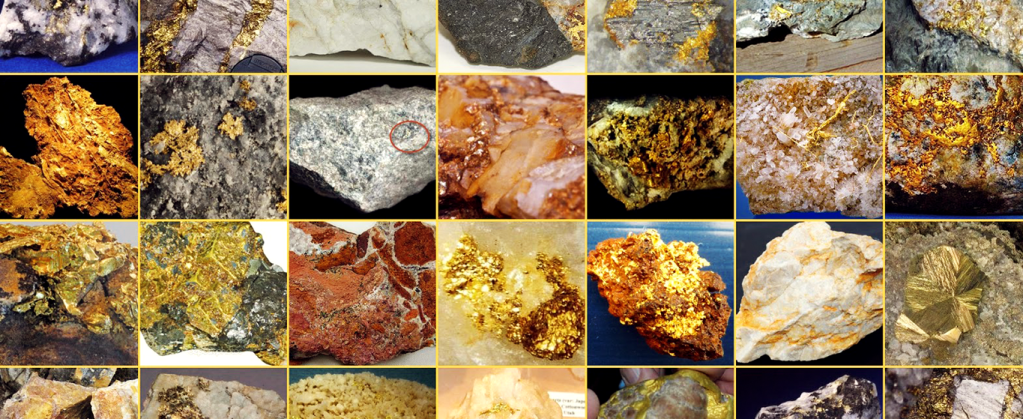Other

Nigeria pushes for African cooperation in local mineral processing

Nigeria has stressed the need for a regional approach to developing local mineral processing industries in Africa. Yusuf Faruk Yabo, permanent secretary of Nigeria’s Solid Minerals Department, made the case on October 1 at the “Africa Mining Week 2025” in Cape Town, South Africa.

abo argued that no single African mining country can tackle alone the challenges of building a downstream industry for mineral processing. “We must do this together […]. Collaboration is more urgent than ever before,” he said, as reported by Mining Weekly. His remarks revive a concept already discussed in recent years.
In September 2024, the London-based group PWYP supported this path in an analysis of transition minerals. Titled How Can Africa Fully Harness Its Transition Minerals?, the report stated that African countries could leverage “various competitive advantages” by pooling initiatives focused on local processing.
“Renewable energy technology requires combining sets of minerals located in different countries. Regional cooperation and preferential trade agreements among African countries are crucial for creating an environment conducive to industrial growth. […] This approach can help build competitive industries that are capable of adding significant value to transition minerals,” the report noted.
Africa, home to 30% of global reserves of critical minerals, sees local processing as a key objective. Governments want to capture more value by adding processing capacity rather than exporting raw minerals. The stakes are high: according to the African Development Bank (AfDB), the continent currently captures only $55 billion of an $8.8 trillion electric vehicle market if it restricts itself to raw exports. This has pushed several countries to launch projects and measures to accelerate value addition.

Zimbabwe, the continent’s top lithium producer, has advanced plans in this direction, as have Guinea with its bauxite and Ghana. The Democratic Republic of Congo and Zambia stand out with their joint project for a Special Economic Zone (SEZ) dedicated to mineral processing and battery component production.
Yet, the theory behind regional mining cooperation as the best path forward for local transformation remains debatable. It assumes that countries involved share the same priorities, which is not always the case.
As Ahamadou Mohamed Maiga has pointed out in the context of local content rules: “In a framework of community integration such as WAEMU, ECOWAS or the AfCFTA, the notion of economic nationality does not stop at citizens of a single state. It extends to all citizens of member states, as well as companies registered within the integrated space. Therefore, restricting access to certain parts of the mining market to only nationals or companies of one specific member state constitutes a form of discrimination, contrary to the community principles of free establishment and free provision of services, regardless of its legitimacy.”












